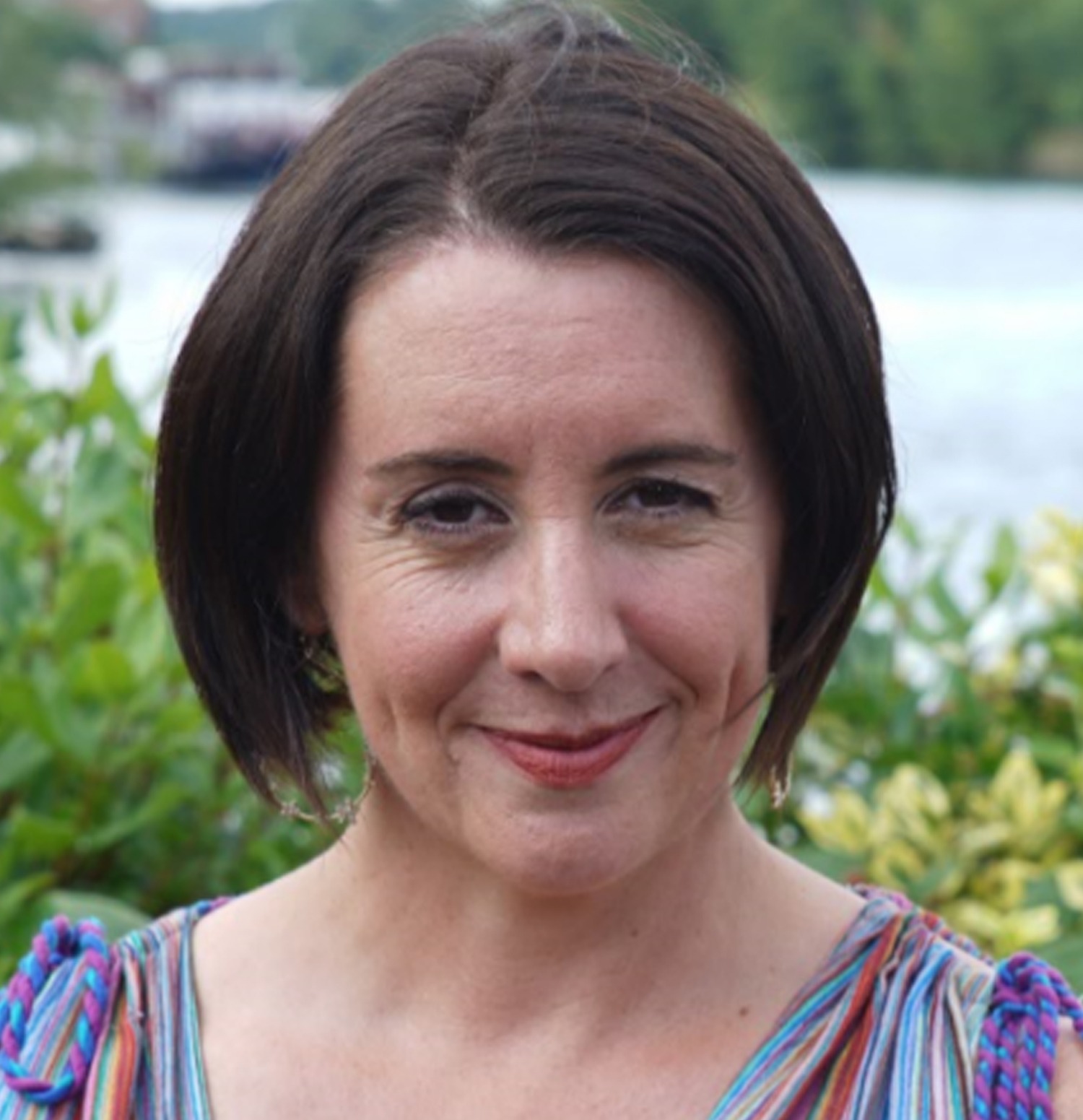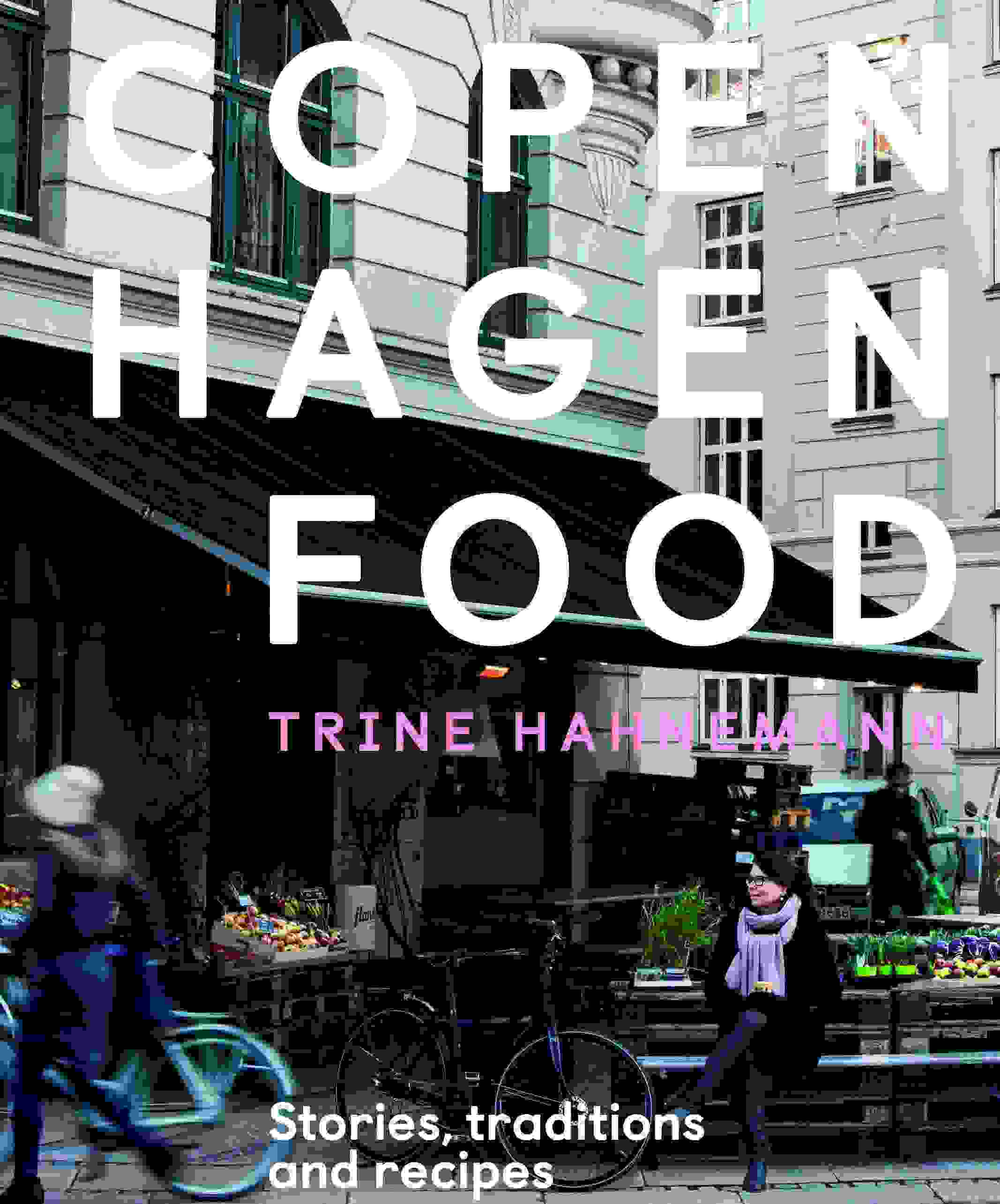In conversation with eco lifestyle expert Lucy Siegle
Interviews

January 23, 2019, 9:28 am
Q: How did you become passionate about the cause?
From an early age I was very interested in the story behind things, including clothes and toys. I was obviously a strange child! My grandad told me that oil and other resources should be used carefully. Back in the 1980s this was a very unusual viewpoint, but it made an impression. My grandad was also very keen on recycling and stuff like that and pointed out the links between our consumption and the natural world. When I got older, I was aware that people were campaigning about the hole in the ozone layer. I also became aware that innovation was providing answers and that it didn’t have to be this way. I also loved a slogan tee, Save the Planet/ Save the Whale – that type of thing – but fortunately I grew out of the tshirts. But it was the ozone layer first campaign that was the first campaign to make a real impression.
Q: What are the most effective tools in recycling?
Recycling is the last step. The strategies I’ve developed for minimizing the flow of plastic in and out of your life is based on the 8Rs: Record, reduce, replace, refuse, reuse, refill, rethink and then if you get to the end of the list: recycle! The idea of rearranging molecules into new material is not new: Plato wrote about recycling. It is also full of promise and possibility, but it takes planning, infrastructure and commitment. I get annoyed when I see stuff labelled ‘recyclable’ because in theory everything is recyclable – it depends how much energy and effort you put into the material. But in a real-world global economy, very few materials are being successfully recycled. So the most effective tools are knowledge and foresight!
Q: What do you say to someone who doesn’t believe in recycling?
Well I mean theoretically it’s possible (see above) so not to believe in the possibility is ridiculous. But I understand that some are skeptical about how recycling works in practice because there has been a lot of subterfuge going on – all around the world – and many of us have lost faith. The industry has a hill to climb now, because it has to prove that it has ironed out the many issues. One of the things that would help enormously is for the makers of products to be responsible for funding the collection, sorting and processing of those materials. That’s called Extended Producer Responsibility and I think it’s great.
Q: What are some of the measures – local, regional, global – that you find admirable and think have a positive impact?
I really like unexpected alliances where disparate groups have a common aim. For example fishermen and eco warriors are traditional enemies. Yet, so-called ghost gear (fishing nets that have been dumped or broken away in storms) are both a threat to the fishing industry and the environment. Every year 640,000 nets are abandoned in the ocean. Made from nylon, fishing waste contributes 10% to all plastic pollution in the marine environment. An abandoned net however will still catch fish or indeed deter catch from the area. A project like Healthy Seas, brings together environmentalists and fishing boats to remove nets from the water. I was recently on a voyage off the coast of Sicily, in Italy. Divers removed a 2.5 tonne fishing net from the waters with the help of a single fishing boat. Everyone cheered at the end, because it was a win for all sides. We need more of that. I also think the persistence of some campaigners is to be celebrated. In Kenya, Africa law to prohibit single use plastic bags was thrown out three times over a decade. It was only thanks to the persistence of Judy Wakhungu, politician and geologist, that the law was finally passed in 2017. It has been a game changer.
Q: What do you think is missing from making recycling a widespread habit?
When it comes to a difficult material like plastic, it has to be simplified. Successful recycling works when materials are clear and simple. At the moment the world market permits thousands of different variations of polymers, with additives all of which have different recycling requirements. If you add colour to a plastic bottle for example, that diminishes the likelihood of that bottle being recycled. Make plastics simple and dictate which sort can be put on to the market, and you make recycling probable. This is what happened in Norway, where there is a recycling rate for plastic bottles of near 100%. At the moment we are being set up to fail! Once you’ve got this in place, then you can add in amazing collection innovation such as reverse vending machines, where you post your bottles back in return for vouchers.
Q. What are the habits you’d recommend someone starts with in order to reduce their carbon footprint?
Plastic is oil, and therefore your plastic consumption produces climate change emissions, so to lower that footprint, take control of the amount of plastic that’s coming into your life. I recommend you begin with a diary to document the flow of plastic into your household, and then follow my 8Rs including swapping single use items for renewable. In no time at all you will have halved, then quartered your plastic consumption. Remember everything you own and use has a carbon footprint, especially clothes that have a very heavy environmental footprint, because it takes so many resources and there are so many stages to making each piece of clothing. Meanwhile increasingly we are being entreated to through away our clothes before we have utilised them properly. So my simple rule when it comes to fashion is #30wears. Only buy what you can commit to wearing 30 times at least!
About the author:
Enough plastic is thrown away every year to circle the world 4 times.
Without big action, at the current rate, pieces of plastic will outnumber fish in the ocean by 2050. That is the legacy we are leaving our children and grandchildren.
Plastic flows into our lives from every direction and most of it is not recycled. Journalist, broadcaster and eco lifestyle expert Lucy Siegle provides a powerful call to arms to end the plastic pandemic along with the tools we need to make decisive change.
Lucy will discuss her insights in two sessions; on Friday 1 March, 4-5pm and Saturday 2 March 2019, between 4-5pm, in English (and Arabic translation) at the Emirates Literature Festival.
Click to book your seats now.










